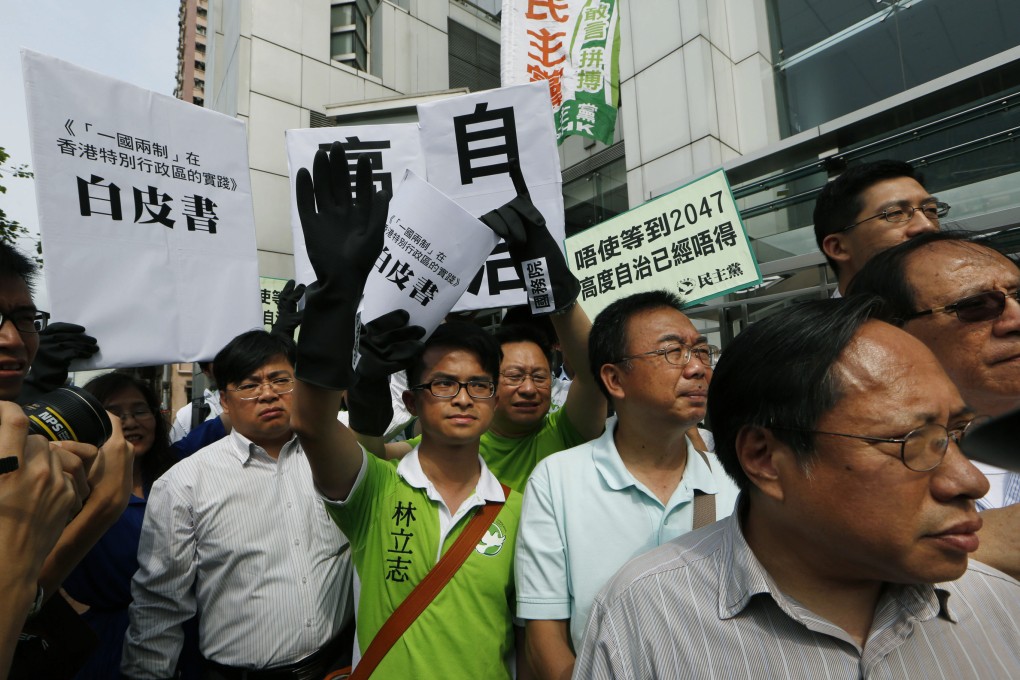Opinion | Beijing's white paper sounds death knell for Hong Kong as we know it
Albert Cheng says by reneging on its pledge of a high degree of autonomy for 50 years, Beijing seeks to turn the SAR into just another Chinese city

The State Council's white paper on the "one country, two systems" policy in Hong Kong is tantamount to a death certificate for China's promise of a "high degree of autonomy" in the special administrative region.
The paper was published in Chinese and English and has also been translated into French, Russian, German, Spanish, Arabic and Japanese.
It is obviously meant to be an international announcement of Beijing's latest policy on Hong Kong, almost 30 years after the signing of the Sino-British Joint Declaration spelling out the conditions of Hong Kong's return to Chinese rule.
Much of this wordy document is typical propaganda.
Take the section on "Supporting Hong Kong in the fight against Sars", for example. It reads: "To ensure the safety of life of the Hong Kong people and help the Hong Kong economy climb out of recession, the central government promptly lent a helping hand. Although the mainland also needed medical supplies in the fight against Sars, the central government provided a large quantity of free medical supplies to Hong Kong."
What it does not say is that the severe acute respiratory syndrome coronavirus that was spread to the world via Hong Kong came from the mainland. Hong Kong was caught unprepared because of the Chinese authorities' cover-up of the health crisis despite media reports of growing panic.
